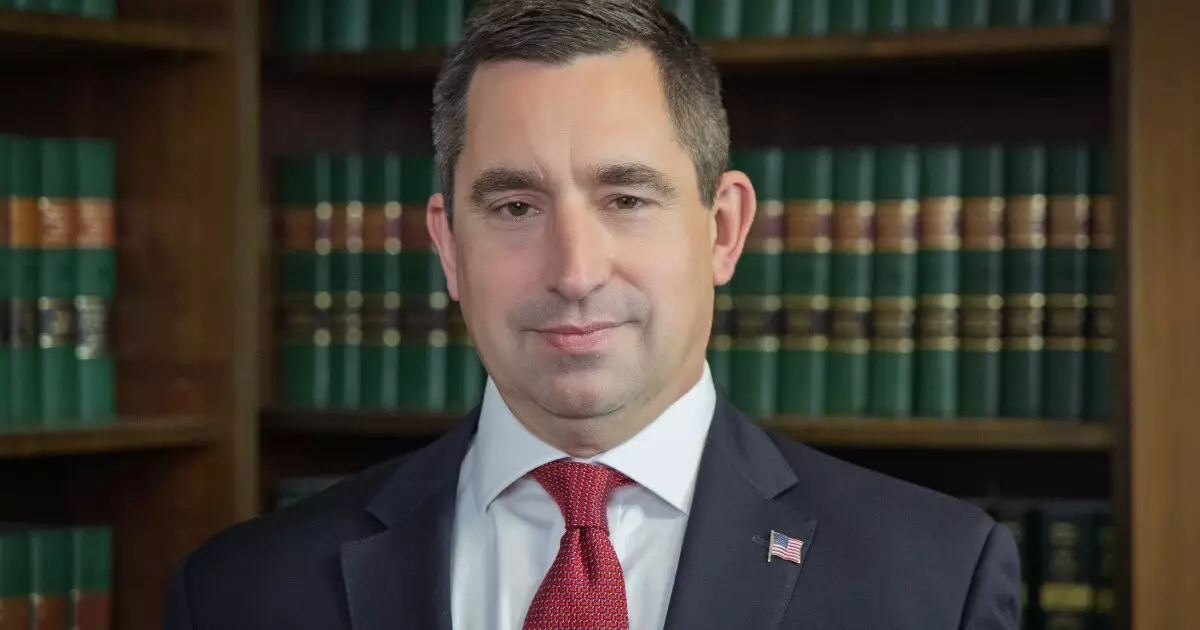North Carolina’s recent appointment of Jeff Poley as the interim director of the State and Local Government Finance Division comes at a time of significant upheaval in fiscal governance. While the announcement by Treasurer Brad Briner highlights Poley’s extensive experience and successful previous initiatives, such as the Hurricane Helene Cashflow Loan Program, there are critical questions about whether he can provide the necessary leadership in a time of fiscal uncertainty. Poley’s reluctance to pursue the role permanently raises eyebrows; it suggests a disconnection between the immediate demands of public service and the long-term vision crucial for steering local governments through upcoming financial challenges.
The Inherent Risks of Transition
Transitioning leadership within any sector comes with inherent risks, especially when the outgoing deputy treasurer, Debbie Tomasko, has also just departed. The timing of these two departures could not be more concerning, as continuity is often key in maintaining trust and stability amongst the more than 1,100 local government entities in North Carolina. Notably, Poley’s interim appointment may merely serve as a band-aid, masking the deeper issues that require comprehensive solutions. The fact that he has expressed minimal interest in the permanent role sends a signal that the financial landscape could falter without a committed leader at the helm.
The Relationship Dilemma
Briner’s confidence in Poley’s relationships within local government is admirable, but it is crucial to evaluate how these relationships translate into actionable financial strategies. While a robust network is valuable, real leadership demands more than just connections— it requires innovative solutions and strong fiscal policy knowledge. As fiscal challenges mount, merely relying on long-standing relationships may not suffice. North Carolina’s Local Government Commission, with its varied membership, demands more than just a familiar face; it seeks a visionary who can navigate treacherous waters and interpret complex financial data swiftly and decisively.
Imposed Limitations on Fiscal Health Monitoring
The division’s role—monitoring debt repayment, providing counseling, and analyzing fiscal health—indicates it is positioned as a critical watchdog. However, does Poley possess the innovative mindset required to analyze complex financial situations and craft novel solutions? In an environment that demands quick adaptability and proactivity, his extensive experience could play a dual role: while it brings wisdom, it could also lead to dogmatism—sticking to traditional methods when innovation is desperately needed. The division requires someone who can envision a transformative future for North Carolina’s local governments rather than a caretaker of past practices.
Public Scrutiny and Expectations
As the state faces increasing pressure to optimize financial resources amidst economic instabilities, the public’s expectations will rise. Poley’s past accomplishments will be scrutinized through a lens of urgency. The stakes are high—failures in financial guidance could lead to severe repercussions for communities already strained by recent disasters. The interim director’s ability to swiftly capitalize on existing mechanisms while simultaneously innovating financial strategies will be the litmus test for the legitimacy of his appointment. The looming question remains: Is an interim director, someone who is openly disinterested in a permanent role, the right person to steer North Carolina through these potentially tumultuous waters?

